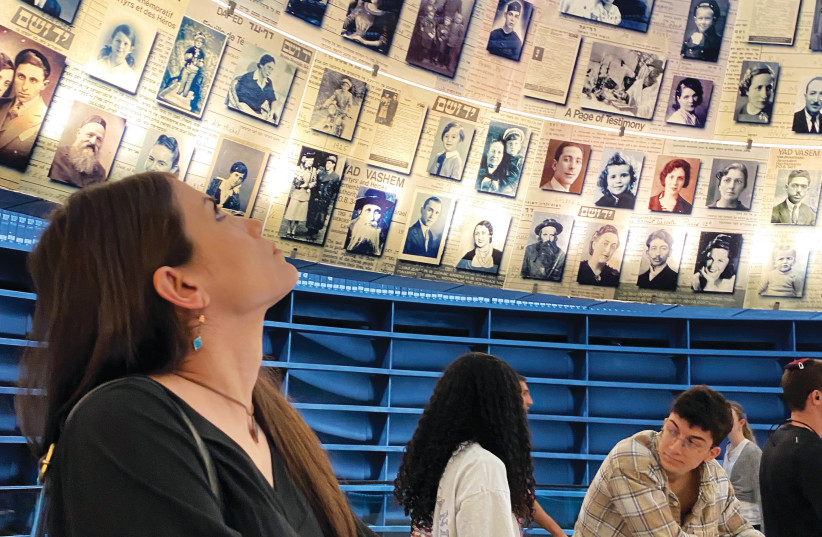The Israeli government has allocated a budget of over NIS 7 million for the Holocaust survivors' documentation project, a significant initiative aimed at creating a lasting memorial for Holocaust survivors through the collection of photographs. Leading this effort is Amichai Chikli, who serves as both the Social Affairs Minister and the Minister for Diaspora Affairs and Combating Antisemitism. Chikli emphasized on Wednesday that this marks Israel's final opportunity to gather testimonies from the remaining Holocaust survivors.
In 2022, the government initiated Resolution 1916, with the goal of collecting photographic testimonies from Holocaust survivors worldwide. The primary objective was to make these testimonies accessible to the public for educational purposes and to combat antisemitism.
The recent government decision, co-led by Uri Maklev, Deputy Minister responsible for development and haredi transportation, alongside Chikli, has further expanded the project's scope. A steering team, comprising representatives from various ministries and organizations, will be established to oversee the program's implementation, evidence gathering, and utilization.
Funding approved to allow Holocaust testimonies in different languages
To execute the program, a budget of NIS 7.15 million for the next two years was approved, with funding coming from various sources, including ministries such as Social Equality, Diaspora Affairs and Combating Antisemitism, Heritage, Culture and Sports, Foreign Affairs, and other government authorities. Chikli's proposal to make the evidence available in multiple languages within an open-access database for the public was also approved, facilitating the development of educational materials to combat antisemitism.

Furthermore, Chikli signed an amendment to extend support to public institutions engaged in Holocaust commemoration efforts. This includes funding for testimony meetings, conferences held outside of Israel for Jewish communities, support for testimony meetings by first-degree relatives or grandchildren of Holocaust survivors, and financial assistance for organizations commemorating the Righteous Among the Nations. The amendment also covers commemorations of Holocaust survivors who lost their lives while serving in the Israel Defense Forces (IDF).
In a statement released on Wednesday, Chikli expressed his gratitude for the government's approval of the Holocaust survivors' documentation project, underlining its significance as a final opportunity to collect testimonies. He stated, "Commemorating the Holocaust is our sacred duty as a society and as a government, and we will use all the resources we have to complete this endeavor in the most appropriate manner."
Maklev stressed the importance of preserving authentic and traditional documentation of Holocaust survivors' memories to safeguard the spirit and bravery of their stories for future generations.
In his statement, Maklev acknowledged the declining number of survivors and underscored the moral and educational obligation to document these stories, stating, "Unfortunately, the number of survivors has been decreasing every year. This is a generation that has been diminishing, and it is our moral and educational duty to create this important documentation for the benefit of future generations who will bear witness to the tragedies and horrors of the Holocaust."
Heritage Minister Rabbi Amichai Eliyahu emphasized the moral and historical responsibility owed to Holocaust survivors, stating, "This decision is a moral and historical debt that we owe to the survivors of the Holocaust, those whose life stories bear living testimony to the horrors experienced by the Jewish people during the Holocaust."
